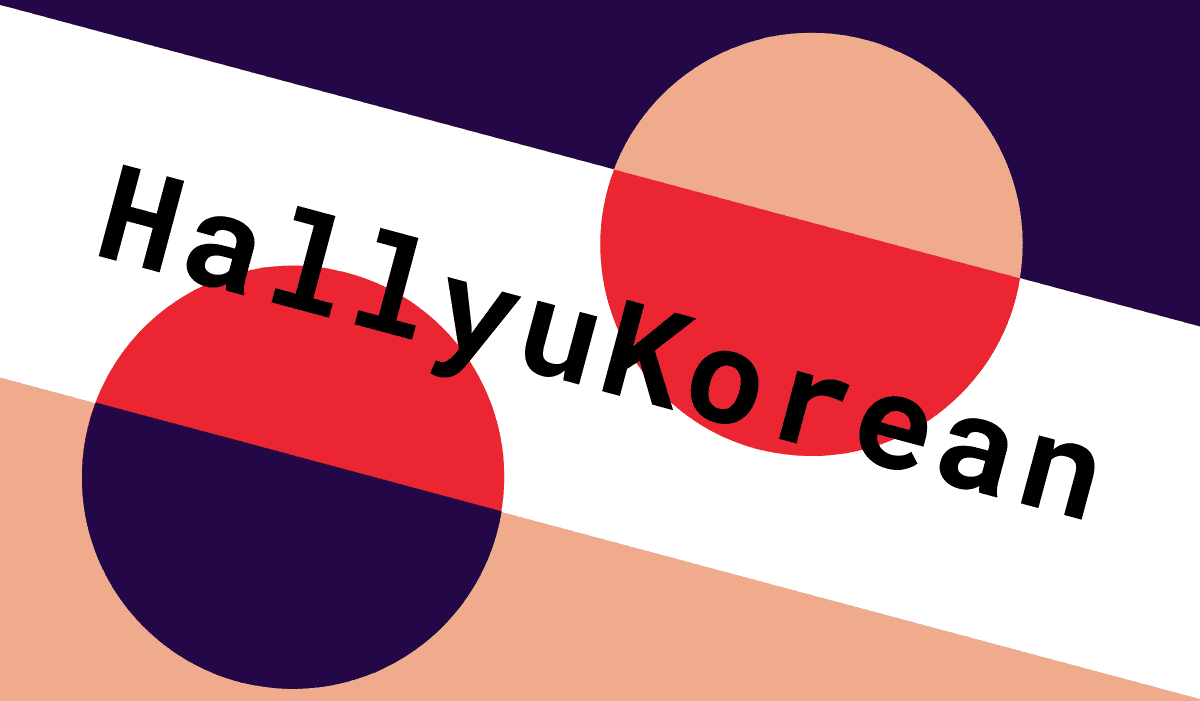Korean words for laughing, crying : 웃다, 웃음, 비웃다, 울다, 울음, 울리다
Let’s learn Korean words for laughing, crying with BLACKPINK lyrics.
Click the play button below to listen to all the BLACKPINK lyrics used in this post.
웃다 [ut-tta] to laugh, to smile
아무 일도 없는 것처럼 웃어줄게 널 만나면
a-mu il-do eop-neun geot-cheo-reom u-seo-jul-ge neol man-na-myeon
As if nothing happened I will smile if I see you
*아무(any) +
일(work) + 도(too) +
없는(없다(don’t exist) + 는(noun modifier)) +
것(thing) + 처럼(as if) +
웃어줄게(웃다(smile) + ~어주다(do for)) +
널(너(you) + 를(object particle),=널) +
만나면(만나다(meet) + ~면(if))
(*~아/어/해 주다 indicates that an action is being done for someone.)
웃음 [u-seum] laugh, smile
나 왜 이래? 자꾸만 웃음이 나
na wae i-rae? ja-kku-man u-seu-mi na
What’s wrong with me? I keep laughing
[Why do I keep smiling like this?]
*나(I) +
왜(why) +
이래?(be?) +
자꾸만(again and again) +
웃음(웃다(smile) + ~음) + 이(subject particle) +
나(come out)
(*Adding ㅁ/음 to the stem of a verb or adjective makes it a noun.
음 for nouns ending in a consonant, ㅁ for nouns ending in a vowel.)
비웃다 [bi-ut-tta] to laugh, to mock
실컷 비웃어라 꼴좋으니까
sil-keot bi-u-seo-ra kkol-jo-eu-ni-kka
Laugh all you want because it serves you right
*실컷(as much as one likes) +
비웃어라(비웃다(laugh) + ~어라(imperative ending)) +
꼴(shape) +좋으니까(좋다(be good) + 으니까(because))
(*꼴좋다 means ‘it serves you right’.)
울다 [ul-da] to cry
울기 싫은데 눈물이 나네요
ul-gi si-leun-de nun-mu-ri na-ne-yo
I don’t want to cry, but tears are coming
*울기(울다(cry) + ~기) +
싫은데(싫다(hate) + ~은데(but)) +
눈(eye) + 물(water) + 이(subject particle) +
나네요(come out)
(*Adding ~기 to a verb stem makes the verb a noun.)
울음 [u-reum] crying, weeping
울음이 나네요
u-reu-mi na-ne-yo
I’m crying
*울음(울다(cry) + ~음) + 이(subject particle) +
나네요(come out)
(*Adding ㅁ/음 to the stem of a verb or adjective makes it a noun.
음 for nouns ending in a consonant, ㅁ for nouns ending in a vowel.)
울리다 [ul-li-da] to make sb cry
널 닮은 듯한 슬픈 멜로디 이렇게 날 울리는데 eh eh
neol dal-meun deu-tan seul-peun mel-lo-di i-reo-ke nal ul-li-neun-de eh eh
This sad melody resembles you, it makes me cry, eh-eh
*널(너(you)+ 를(object particle), =널) +
닮은 듯한(닮다(resemble) + ~은 듯하다 + ㄴ(noun modifier)) +
슬픈(sad) +
멜로디(melody) +
이렇게 (like this) +
날(나(I) + 를(object particle), =날) +
울리는데(울리다(make sb cry) + ~는데)
(*울다 means to cry and 울리다 means to make someone cry.
~은/는 듯하다 is an expression used to guess the content of the preceding statement.
Adjective stem + ~게 makes an adjective into an adverb.
는데 of ‘verb stem + 는데’ is a short conjunction for 그런데 which has the meaning of ‘but, so/therefore or and’.)
Grammar Reference
*Adding ㅁ/음 to the stem of a verb or adjective makes it a noun.
ex)웃음 : 웃다(smile) + ~음
울음 : 울다(cry) + ~음
음 for nouns ending in a consonant, ㅁ for nouns ending in a vowel.
*Adding ~기 to a verb stem makes the verb a noun.
ex)울기 : 울다(cry) + ~기
*Tense
*Present tense : Adjective/verb stem + ~아/어/해요
*Past tense : Adjective/verb stem + ~았/었/했어요
*Future tense : Adjective/verb stem + ~(으)ㄹ 거예요 / ~ㄹ 게요/ ~겠어요
The basic way to get the verb/adjective stem is to remove 다 from the verb/adjective.
If there is a vowel ㅏ or ㅗ on the final syllable of the adjective/verb stem, 아요(present tense), 았어요(past tense), 을 거예요(future tense) is used.
If there is a vowel other than ㅏ or ㅗ on the final syllable of the adjective/verb, 어요(present tense), 었어요(past tense), ㄹ 거예요(future tense) is used.
Also, if there is 하다 in the adjective/verb, 하다 changes to 해요(present tense), 했어요(past tense), 할 거예요(future tense).
Below you can see the conjugation of 웃다, 비웃다, 울다, 울리다 by tenses.
| Present tense | Past tense | Future tense | |
| 웃다 | 웃어요 | 웃었어요 | 웃을 거예요 |
| 비웃다 | 비웃어요 | 비웃었어요 | 비웃을 거예요 |
| 울다 | 울어요 | 울었어요 | 울 거예요 |
| 울리다 | 울려요 | 울렸어요 | 울릴 거예요 |
*Speech levels
The three most commonly used Korean speech levels are 합쇼체 (formal polite), 해요체 (informal polite) and 해체 (informal plain).
*The formal polite style : Adjective/verb stem + ~(스)ㅂ니다
~(스)ㅂ니다 is used more in formal or public situations including the military, news, reporting presentations, meetings and lectures. It’s mainly used to address large gatherings or people you don’t know personally.
*The informal polite style : Adjective/verb stem + ~아/어/해요
~아/어/해요 is most commonly used in everyday life. Compared to the formal polite style, the informal polite style is softer and less formal, so it is mainly used among family members, friends, shopkeepers and other close acquaintances.
*The informal plain style : Adjective/verb stem + ~아/어/해
As for the informal plain style ~아/어/해, it is mainly used among friends from superiors to people of lower rank and among family members.
Below you can see the conjugation of 웃다, 비웃다, 울다, 울리다 by speech levels.
| Formal polite | Informal polite | Informal plain | |
| 웃다 | 웃습니다 | 웃어요 | 웃어 |
| 비웃다 | 비웃습니다 | 비웃어요 | 비웃어 |
| 울다 | 웁니다 | 울어요 | 울어 |
| 울리다 | 울립니다 | 울려요 | 울려 |

